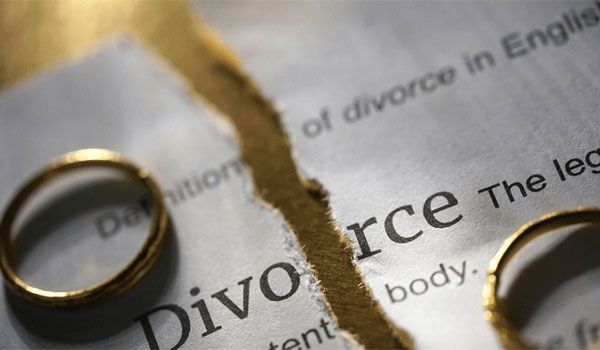General
Grounds For Applying For Divorce In Nigeria
Marriages are institutionalized to last forever; for better for worse. However, married couples sometimes experience little rancour here and there that becomes irreconcilable. When such is experienced, then divorce may become an option.
Whilst the law court approves the marriage, the law court also reserves the right to grant a divorce request on certain grounds.
-
READ ALSO: How To Get A Divorce In Nigeria
Except the couple involved meets some required criteria, their divorce request may be turned down by the court.
So, what are these criteria necessary to apply for a divorce in a law court? Well, let’s check them out below.
N.B: In this article, a petitioner refers to the particular spouse who makes a formal application to a court for a divorce, etc., while a respondent is the spouse that is defending against a petition.

- If the respondent confirms an allegation of being guilty of extra marital affairs (adultery); thus, the petitioner now sees the respondent as detestable and unbearable to live with.
2. Refusal of the respondent to consummate a marriage by denying the petitioner to his/her conjugal rights; that is, does not have sexual intercourse with his/her spouse.
- The respondent is absent from the petitioner for a period of at least 7 years, that the latter can conclude the former is dead.
- In a situation when the respondent abandoned the petitioner for an extended period of at least 1 year before the petition was presented in the law court.
- Both parties have lived apart for an extended period of a minimum of 2 years preceding the presentation of the petition. If they are living separately, they are treated as living apart.

- Another strong criterion the law court counts valid is three years of abandonment by the respondent.
- Respondent has failed to agree with restitution of conjugal rights under the Marriage Causes Act (MCA).
- When the respondent behaved in an unreasonable manner (e.g. physically abusive, etc.) with the petitioner to cause disdain or fear on the latter.
When any of the above criteria has been satisfied, the petitioner is issued a Decree of absolute divorce.
-
READ ALSO: How Fela Kuti Married 27 Women In One Day
